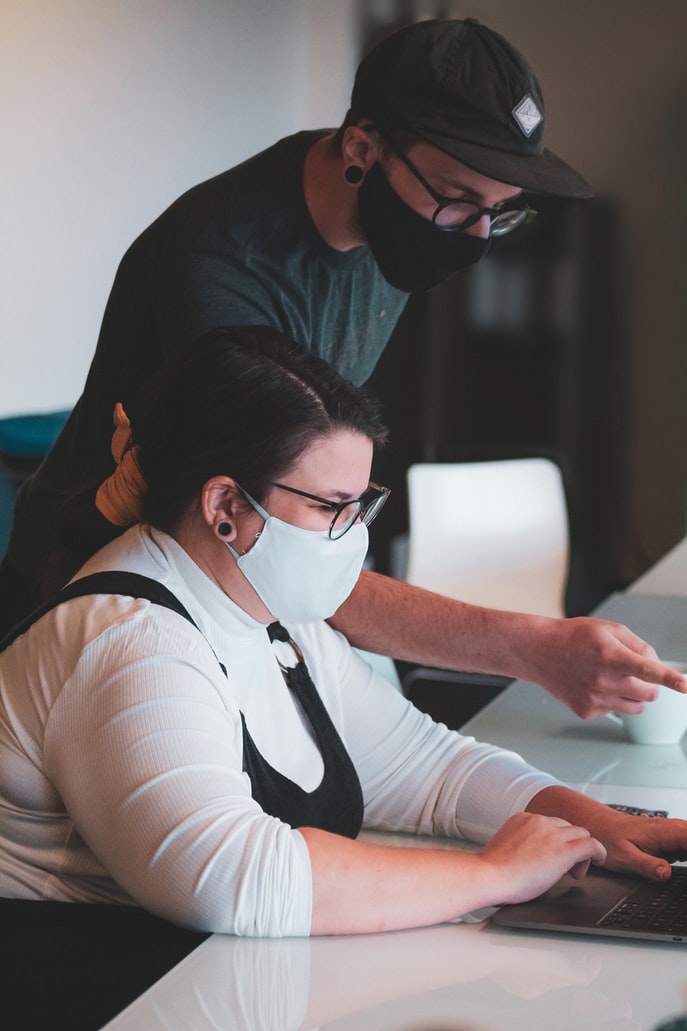As businesses adjust to a new operational paradigm in which working from home has become the "new normal," the coronavirus pandemic has posed additional challenges for them to navigate through. Businesses are accelerating their digital transformations, and cybersecurity has emerged as a major source of concern. If cybersecurity concerns are ignored, the consequences for reputation, operations, legality, data protection contract jobs, and compliance could be severe.

COVID-19's impact on digital working and cybersecurity
Because of the coronavirus pandemic, many employees are working from home or even "staying at home." Thus, technology has gained relevance in our personal and professional lives alike. Although technology is in high demand, many companies do not offer a "cyber-safe" remote working environment. Nowadays, most business encounters are conducted over the Internet. According to the NCSC (National Cyber Security Center), there were 350 documented cyberattacks (phishing, bogus websites, direct attacks on businesses, etc.) in April, according to the NCSC (National Cyber Security Center), and according to Swiss national television in June 2020, there were 350 cyberattacks (instead of the usual 100-150). The coronavirus pandemic was blamed for an increase in people working from home since they lack the same level of inherent protection and deterrent measures as those in a workplace.
The case for bolstering cybersecurity
The expansion of remote working needs a greater focus on cybersecurity because of the increased vulnerability to cyber hazard. 47 percent of those who work from home fall victim to a phishing scam, as an example. By leveraging the vulnerability of remote employees and capitalizing on the public's interest in coronavirus-related news, cybercriminals see the epidemic as an opportunity to increase criminal activity (e. g. malicious fake coronavirus related websites).

Several cyberattacks have been launched against video conferencing providers.
The recent wave of attacks on video conferencing services is an example of criminals taking advantage of cybersecurity flaws in remote work environments. More than half a million people were affected by data breaches between February and May 2020, in which personal information (such as names, passwords, and email addresses) of video conferencing service customers was stolen and sold on the dark web. The attack was carried out by a group of hackers using a tool known as "OpenBullet." Hackers also deploy credential stuffing techniques to gain access to employees' login credentials, with the stolen information being sold on to other cybercriminals in the process. One of the consequences will be that businesses that rely heavily on videoconferencing systems will be severely hampered in their operations. Credential stuffing is a sort of cyberattack in which hackers attempt to obtain access to other accounts by using stolen login and password combinations. This is a possibility because it is extremely common for people to use the same username and password for many accounts. In some cases, unwanted and uninvited participants have been detected getting access to virtual meetings and obtaining personally identifiable or sensitive information, which is then sold to a third party or made public in order to tarnish the company's reputation.
